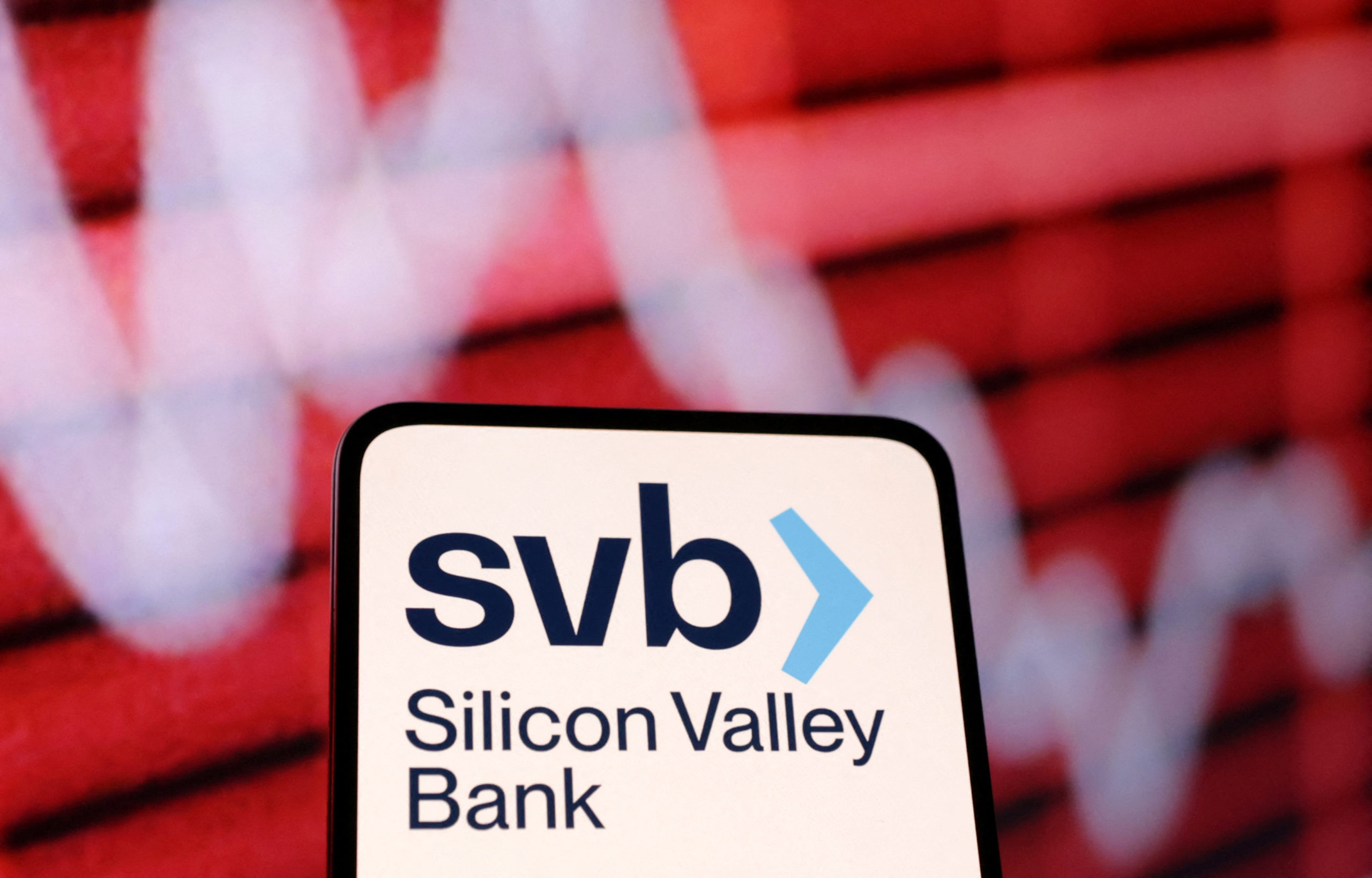The firm banked half of US startups, a third of UK startups and numerous startups in China, India and Latin America. Investors say they are open to keeping a portion of their deposits with the bridge bank created to replace Silicon Valley Bank.
During a call with venture capital managers on Tuesday, Silicon Valley Bank’s (SVB) new CEO, Tim Mayopoulos, urged the failed bank’s VC clients to return their deposits to Silicon Valley Bridge Bank, the new entity created by the FDIC to replace SVB. The FDIC, or Federal Deposit Insurance Corporation, is the US agency responsible for insuring bank deposits in the United States.
Some venture capitalists are weighing this option, including at least one Africa-focused firm. “Currently on a call with the new CEO, Tim Mayopoulos of SVB and many other VCs/LPs. I’m confident keeping some of our capital at SVB,” tweeted Eunice Ajim, founding partner at Ajim Capital, a $10 million fund that invests in early-stage African companies. On his part, Eghosa Omogui, general partner at EchoVC says his firm, EchoVC, a venture firm never left SVB. “We stuck with SVB & advised portcos to be prudent [and] buy T-bills/money [market] ETFs.” he tweeted late on Friday evening. “We’ve always spread our exposure. Maybe it’s my treasury & risk mgmt experience. We’ll be fine,” he added.
When asked if VCs are returning deposits to SVB, he replied. “Yes, VCs are asking their portcos to return any deposits they wired out of SVB. And quite a few VCs that I know that got money out are sending some of it back. I imagine a few African VCs may have been affected,” Eghosa told TechCabal.
SVB, the banker to half the startups in the United States, failed last weekend after a run on the bank wiped $42 billion in customer deposits. It soon became clear that African startups were mostly unaffected as most did not bank with SVB. Anxiety over the impact on African startups morphed into concern over how the failure of the bank—whose largest customer group was VC firms and startups—would affect Africa’s venture ecosystem. Despite the fact that most African startups were not directly impacted by the failure of the California-based lender, a number of African VC firms and US venture capitalists that invest in African startups were affected. Several African VC firms show up in a list of 1,074 VC firms that banked with SVB, compiled from SEC filings by Castle Hall Diligence, a US-based due diligence and research firm.
The list counts Quona Capital, Volition Capital, and 4DX Ventures as SVB bank clients. Although not named in the list, other African VC firms, including Echo VC and Future Africa were SVB clients.
Global VC firms with investments in African startups (and whose standard advice for new portfolio companies was to open an SVB account) were also affected including, Techstars and 500 Global. Per reporting from Enterprise, an Egyptian business publication, two North African VC firms also banked with SVB.
On Sunday, US authorities moved to fully guarantee all deposits held at SVB in emergency measures aimed at preventing contagion and a wider crisis in the banking sector. Since then a number of startups and VC firms say they have been able to initiate wire transfers from their SVB accounts.
It was against this backdrop that Mayopoulos asked VC clients to return deposits that had been withdrawn during the bank run from Thursday to Friday last week.
“Ironically, because SVB has been backed 100%, keeping funds in SVB in the short to medium term is not an entirely bad option,” Acasia Ventures managing partner, Aly El Shalakany, told TechCabal.




















